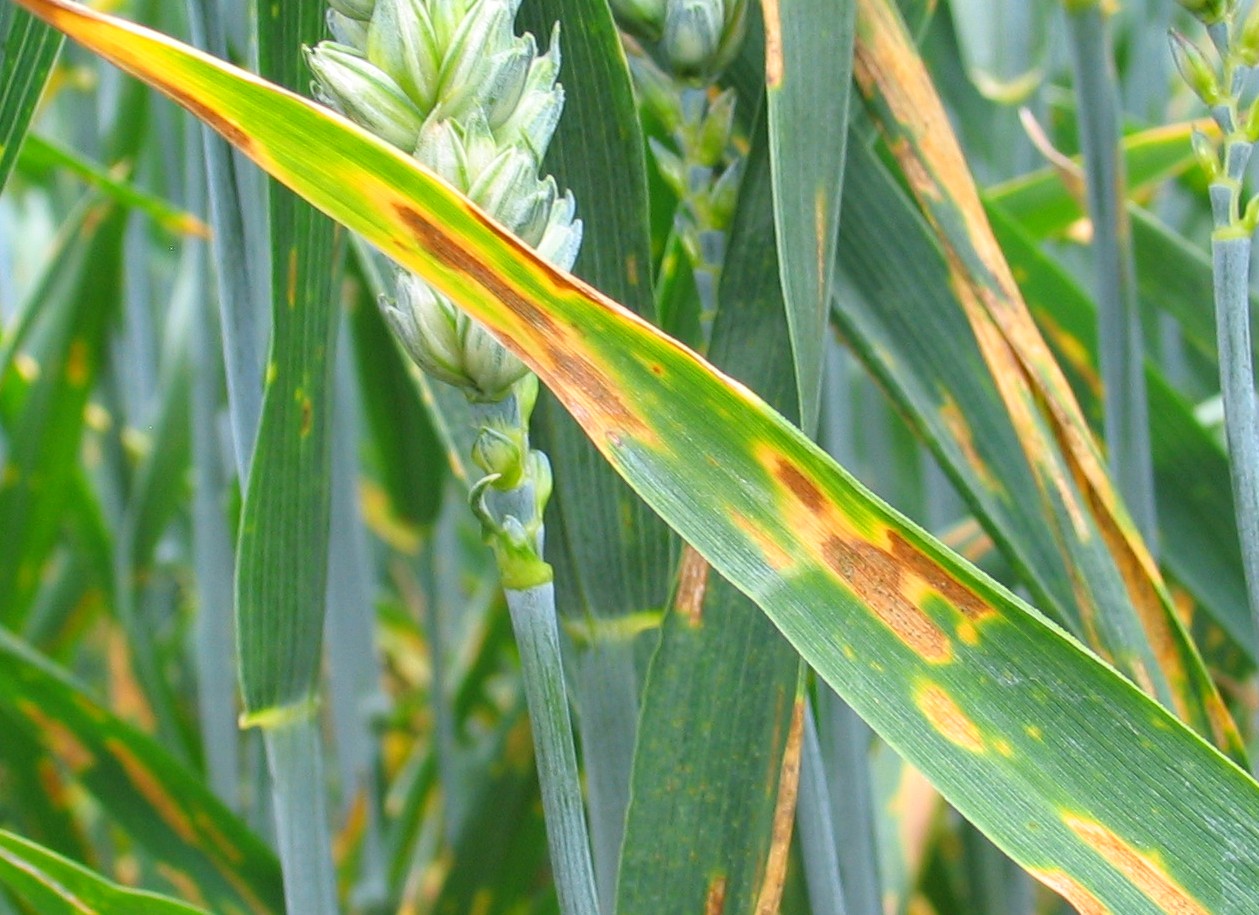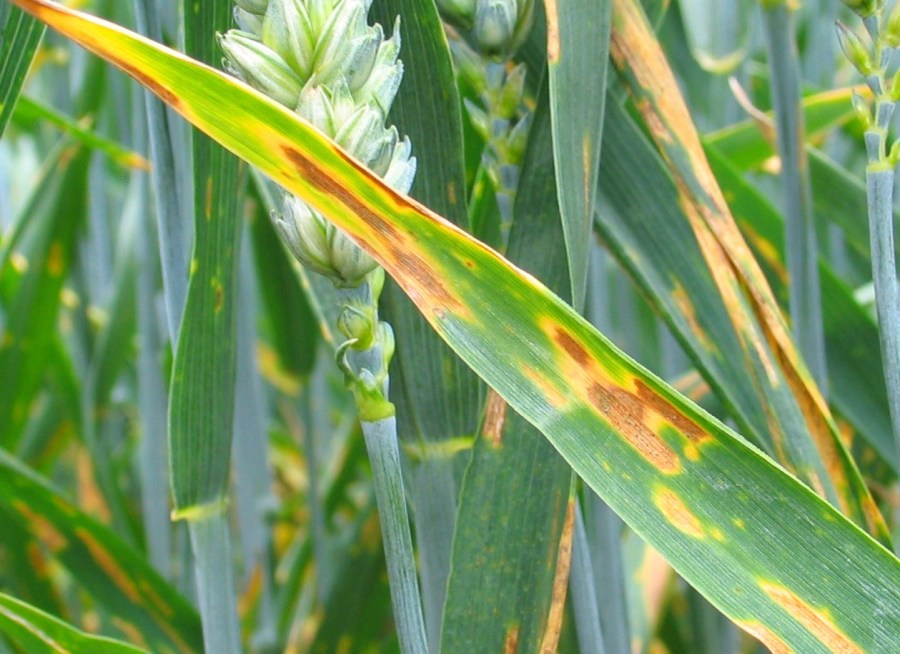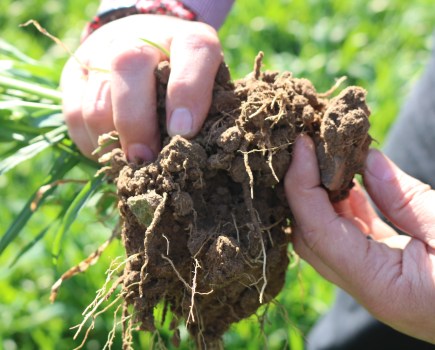 The EU has voted to ban the fungicide chlorothalonil, robbing growers of another vital plant protection product and leaving crops open to high levels of disease. CPM reports.
The EU has voted to ban the fungicide chlorothalonil, robbing growers of another vital plant protection product and leaving crops open to high levels of disease. CPM reports.
The European Standing Committee on Plants, Animals, Food and Feed (SCoPAFF) voted against renewing the approval of chlorothalonil on Friday (22 March), following the European Chemicals Agency’s classification of the product as a category one carcinogen.
The fungicide is used to control septoria in wheat and ramularia in barley, but is also used on other crops including potatoes and pulses.
Although no dates have been given on when products like Bravo, which contain chlorothalonil, will be banned, it is likely to be in Spring 2020.
Massive set back
Ian Sands, chairman of NFU Scotland’s Combinable Crops Committee and who farms just under 810ha in Perthshire, said the decision was a massive set-back for the cereal sector, with potential to affect the whole of the Scottish food and drink industry.
“Growers like myself will find it very hard to understand why a product that has been in use since 1964 is now deemed unsafe.
“Without doubt, this product is the mainstay of fungal disease control in Scotland’s largest and most important crop, barley, where it is the only effective tool available for the control of ramularia leaf spot.
“A bad infestation can cause a fall in yield of 0.6t/ha, equivalent to more than 10% of crop lost,” he explained.
“Ramularia also impairs quality and can increase screenings, hitting those who are growing for a quality market like malt whisky.”
The decision to ban chlorothalonil also increases the chance of resistance developing to other active ingredients, as it is often used in combination with other products, added Mr Sands.
“With the number of plant protection products available to growers shrinking, the loss of chlorothalonil has the potential to make the viability of growing crops borderline.
“Factor in that this product is still going to be allowed to be used in other countries outwith the EU, then this is disastrous for our growers.”




